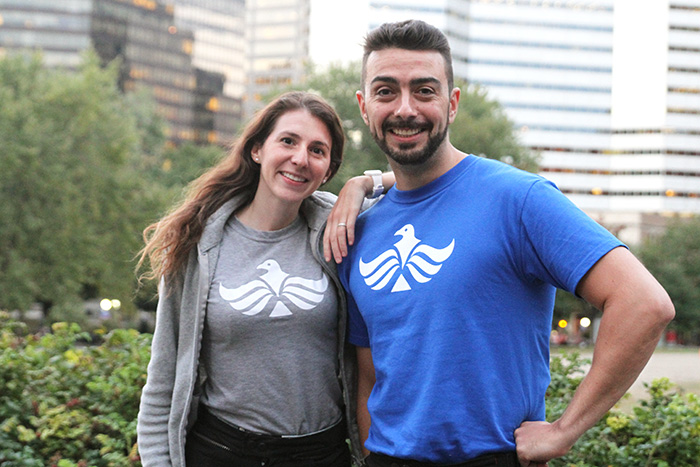Anyone who has ever taken an introductory biology class probably recalls the effort that goes into learning a few evolutionarily basic phyla characteristics. Those who remember will likely appreciate a profession that builds exponentially upon that introductory class in order to diagnose and treat species across the animal kingdom.
“Veterinarians are an essential part of civilization,” Morgan Rauscher, the principal consultant in Technology and Business for the Young Women’s Veterinarian Association (YWVA), said. “They’re connected to food production, sustainability research, wildlife conservation—it’s not just your cat or dog at home, although that’s part of it, too.”
Veterinary medicine has evolved into a dynamic field, encompassing much more than check-ups for pets.
“Before, maybe 50 years ago, once you graduated you either started your own clinic or partnered up with [a colleague], ” Véronique Thivierge, Director of Operations for the YWVA and a fourth-year veterinary student at the Université de Montréal, said. “But today, […] you have to collaborate with biologists, people in agriculture, [and] business people. It’s crazy the number of options [available].”
Veterinary science, as a study of the natural world and health science, has inextricable links to sustainability and a duty to keep up with technology. Rauscher explained that while environmental sustainability and advancing technology often compete within their industries, in veterinary medicine, the two advancing spheres help push each other to progress even further.
Veterinary treatments to cure the diseases of pets, farm and wild animals are constantly subject to innovation.
“There are so many different alternatives,” Thivierge said. “If [the client] is not so interested in the classical way of treating an animal, [they] can try acupuncture, hydrotherapy, massage, alternative food, organic food, [and] plant-based food [….] The possibilities are expanding as veterinarians […] with what type of practice you want to have, and as clients, with what kind of service you want for your animal.”
Even with the constantly evolving field of veterinary medicine, Rauscher and Thivierge agree that intuition is still a key component when diagnosing and treating an animal.
“I’ve personally seen Ms. Thivierge next to a horse, and it’s a bit shocking,” Rauscher said. “When she approaches the horse, the whole animal just relaxes. There’s this connection that veterinarians have, and I think that’s what motivates them into the veterinary sciences.”
For students interested in pursuing studies in the veterinary sciences, Thivierge stressed the obvious importance of having a passion for animals. Furthermore, there are other skills required to sustain a veterinary practice in the modern era.
“It’s very important to also think about how you’re not only going to be a health care professional––you’re going to be a business person, a manager, a PR person, [and] you’ll have to deal with families,” Thivierge said.
Thivierge further suggested that those interested should spend some time volunteering at a veterinary clinic, wildlife center, or farm.
“If you’re ready to do it, it’s a great profession [and it’s] so diverse,” Thivierge said. “You can really build what you wish to build and have the impact you want around you.”
The International Conference on Sustainable Veterinary Practice, featuring keynote speaker Dr. Jane Goodall, is taking place on Oct. 6th from 9a.m.-7p.m.in Marché Bonsecours.










Acupuncture is scientifically proven to be BS so why in the world would a veterinarian recommend that? What do they learn in their classes?
http://www.theatlantic.com/health/archive/2011/09/a-healthy-poke-demystifying-the-science-behind-acupuncture/245816/